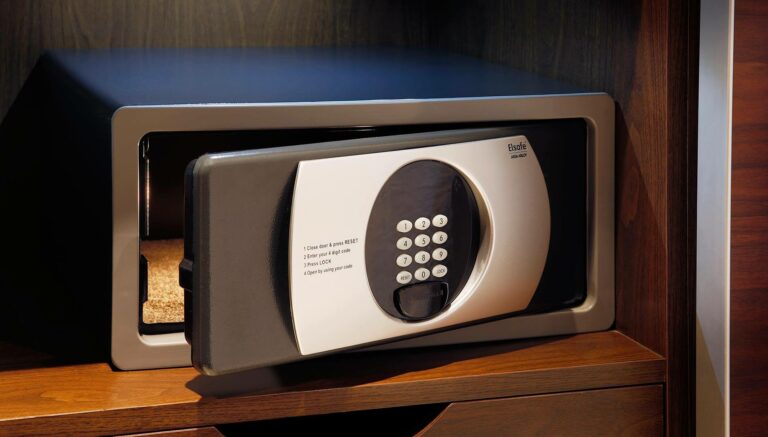Starting a business from scratch is notoriously difficult. There are numerous decisions to make, and making the wrong choice early on can lead you down a difficult path. One of those decisions is where to base your operation. The premises you choose can impact your productivity, efficiency, brand awareness, customer footfall, professional image, employee motivation, and overheads. However, if you take plenty of time and consider all the options available to you, you can find premises that enable the business to thrive. If you are looking for premises for your start-up, here are four steps to help you make the right choice.
1. What type of premises do you need?
Your first decision is whether you can run your business from home, or whether you will need separate premises to run the operation and/or meet with clients. If you have decided it is the latter you need, think about what is most suitable, an work out the general type of premises you will need, e.g.,would a retail shop or industrial ware house be appropriate? Or do you need space like an office, a workshop, or a studio?With this decision made, you can start looking for places. When you do find somewhere, you need to ask yourself, is the infrastructure suitable, e.g., what will your position be on security, internet, gas, water, and electricity? As an example, serviced offices Cheltenham based can provide businesses with all the amenities of a modern office without the need to commit to a long-term lease. This could be ideal for businesses just starting out.
2. Where should your premises be?
You should consider town centers, industrial estates, shopping centers, or business office districts, as well as thinking about whether you want to be close to competitors or out on your own.Consider the appearance of the premises and how this could impact your brand’s image. For instance, if you are a luxury brand setting up in an industrial warehouse, it may not be as appealing to customers or visiting clients, and a toy shop on a street lined with pubs and clubs could be missing out on regular footfall of target customers.
With the ideal solution in mind, then think about accessibility.Will customers or clients be able to park on or near the premises? If not, is there public transport nearby?
3. How much space do you need?
Your premises should be big enough for your operation, but it should also have a suitable layout for your business. Remember to consider health and safety in terms of working conditionsand accessibility for disabled staff or customers.
Look forward to the future, and any changes your business may go through. Will the premises be able to accommodate expansion? If you need to expand, permission from the landlord or local planning authority may be required. Most start-up businesses will lease premises in the early days, but some may choose a freehold purchase if they need to make significant changes to the property.
4. Can you afford to cover the costs?
Calculate ongoing rental costs, business rates, and the cost of utilities to ensure you can afford the premises on a long-term basis. You should ensure that any signed contract includes all the costs and that you have read the small print – you don’t want any nasty surprises later.
Make use of professional contacts as well as property agents and websites to get a list of your potential options so you can consider the pros and cons of each. A local chartered surveyor may be able to help with negotiations to ensure you get the best deal on a property.












